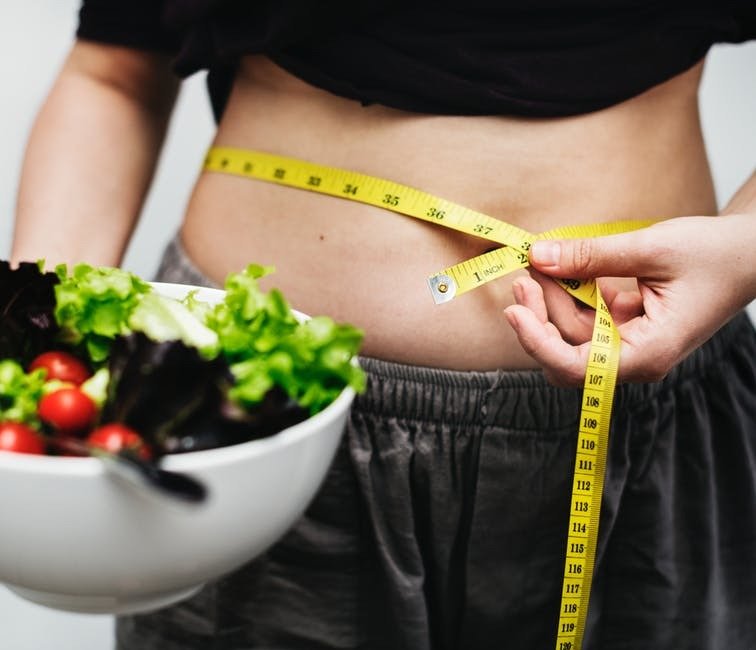Ketosis Diet - Common Side Effects

The ketosis diet is a special high-fiber, adequate-nutrient, low-carbohydrate dietary plan that in medicinal practice is used primarily to treat seizure disorders in children. The ketosis diet forces your body to burn ketones instead of glucose, the main sugar substance used by the brain. As ketones are produced by the breakdown of fat reserves and liver glycogen, they can be stored in the muscles and liver for subsequent use. Read this blog to know what happens to your body in ketosis.
The Ketosis diet has a number of advantages over other weight loss programs, including some of the current fad diets. Firstly, it forces you to eat less food than on other weight loss programs. By reducing carbohydrate intake drastically, ketosis dieters can often lose more weight relatively quickly. Secondly, because of the reduced intake of carbohydrates (and especially sugar) in the Ketosis diet, a growing number of people are able to take advantage of health and medical benefits brought about by the use of lower carbohydrate diets. Thirdly, the Ketosis diet avoids one of the main pitfalls of other weight loss plans: the problem of maintaining a healthy weight once you've lost the weight you want to lose. By eliminating carbohydrates from the diet, people are able to sustain a stable weight without the risk of nutritional deficiencies. View here: http://herbaladjunct.com for details about the ketosis diet.
In spite of its advantages, the Ketosis diet can cause a number of side effects. These include an increase in appetite, increased thirst, headaches, constipation, irritability, fatigue, dry mouth, and increased hunger among other things. These symptoms occur because of the consumption of too much fat. In addition, although the ketosis diet is high in fat and therefore causes a rise in blood sugar levels, the rise in blood sugar may also cause fluctuations in electrolytes resulting in headaches and other symptoms.
Some people have also reported feeling more lethargic and having less energy than they did before starting the diet. This may be due to the increased use of fats. The ketosis diet can cause problems for diabetics because of the high level of carbs and sugar in the diet. However, for most people, the changes in energy levels are mild and do not usually pose a significant risk to their health.
Another common side effect of the Ketosis diet is dehydration. Dehydration is typically the result of not drinking enough fluids or excessive fat intake. When the body is deprived of water, it becomes unable to properly replace the fluids that it loses. As a result, dehydration can occur very quickly under this condition, though most symptoms subside within a day or two.
Other common side effects may include a number of headaches, a dry mouth, muscle cramps, dry or itchy skin, a change in appetite or digestion, joint pains, diarrhea, dizziness, or light-headedness. While most of these symptoms will subside after only a day or two on the ketogenic diet, some may experience more severe symptoms. For those who have more severe symptoms, doctors should be consulted. If you experience these symptoms after starting the diet, talk to your doctor right away to find out if they can be caused by other conditions or are related to the ketosis diet itself. To get more details about this topic,click this link: https://en.wikipedia.org/wiki/Ketosis.
